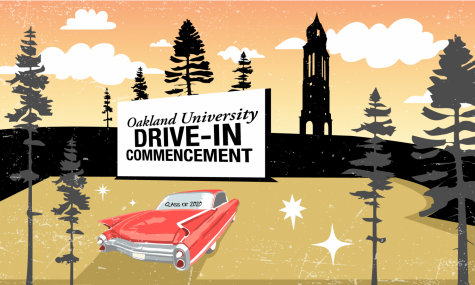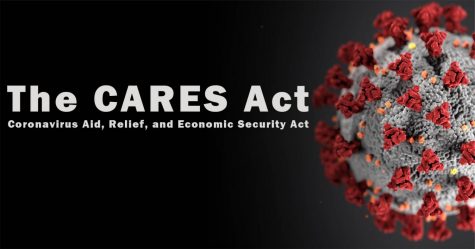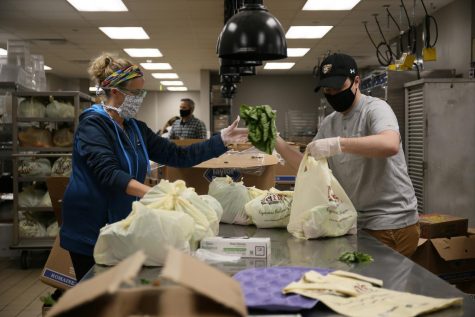State representative and university leaders hold town hall
Local university presidents and U.S. Rep. Elissa Slotkin held a town hall on Tuesday, May 5.
Hosted over Zoom, the town hall allowed students to speak with the 8th district congresswoman and Oakland University President Ora Hirsch Pescovitz, Rochester University President Brian Stogner and Cleary University President Emily Barnes on issues regarding how colleges and the federal government are handling the COVID-19 crisis.
Slotkin opened the meeting by addressing the unique situation that the attendees found themselves in.
“It is very clear that for anyone who is a student right now we are going through particularly confusing and unprecedented times, and it will change the trajectory of our country, our community and for many of you — your life,” Slotkin said.
Next up was the over $2.2 trillion Congress has approved for COVID related relief and research, including emergency funds for universities. How that money is allowed to be spent is still undecided, as state governments await federal guidance. Slotkin also reminded the attendees about the CARES Act’s suspension of federal student loan payments through September and the $1,200 stimulus checks.
After reminding the students of the relief that has gone out, Slotkin mentioned the barriers students could face in seeking unemployment relief. Along with the overwhelming amount of unemployment applicants, the qualifications for unemployment were less than favorable for recent graduates.
“Unfortunately, if you were about to graduate or are graduating now and you did not have a job before … you do not qualify for unemployment,” Slotkin said. “There is an expectation that you will job hunt in this environment, and there are actually first jobs available. A graduating senior who does not have a work history going into this economy is not qualified for unemployment at this time.”
Slotkin ameliorated the unemployment news with the assurance that students of this era will forever be associated with COVID-19’s fallout.
“In my experience — being part of what we would call the 9/11 babies, people who were in their early to mid-20s when 9/11 happened, that has been a really defining characteristic of my generation,” she said.
After using her generation’s turn to military and humanitarian service as evidence that this generation will “do really amazing things,” Slotkin turned the meeting over to Pescovitz.
Pescovitz thanked the congresswoman for helping pass COVID-19 relief acts and pledging that $13.8 million of OU’s relief funds “is going to go directly to our students,” Pescovitz presented the attendees with a question: should you go to college in the fall or take a year off?
“The single best, most important thing that you can do this year is go to school,” Pescovitz said. “Getting an education right now is going to help more than any of the things you could do with your life in the coming year.”
Pescovitz assured the attendees that student safety and health is the most important thing at OU, followed by the education. She pledged that OU would follow social distancing and mask-wearing guidelines, upholding the university’s dedication to safety.
The president also touted the actions OU has taken to help the local community, such as distributing meals to families and how the School of Engineering and Computer Science and the School of Music, Theater and Dance have used their resources to make face shields and masks, respectively.
After Stogner and Barnes spoke about how their institutions have handled COVID-19, Slotkin took questions from the attendees. Most of the questions were directed at Pescovitz, starting with a question about whether OU would continue to allow optional satisfactory/unsatisfactory grading. Pescovitz said that the option was “still under consideration.”
When asked about access to mental health therapists at OU, Pescovitz responded that several new therapists were hired before the COVID-19 crisis. Slotkin added that the number of people with mental health cases has gone up in Michigan.
Following this, Pescovitz was asked by an OU student if OU William Beaumont School of Medicine students would be receiving refunds for their canceled clinical areas. The student stated that some students, rather than have a multi-week experience in a hospital, only had a 15-minute phone call before clinicals were canceled and that she [the student] was referred to Pescovitz as the only person who could authorize refunds.
“Sorry, I do not have enough information about that,” Pescovitz said. “I have not heard about that.”
The meeting ended with Slotkin’s closing remarks being interrupted by connectivity issues.










